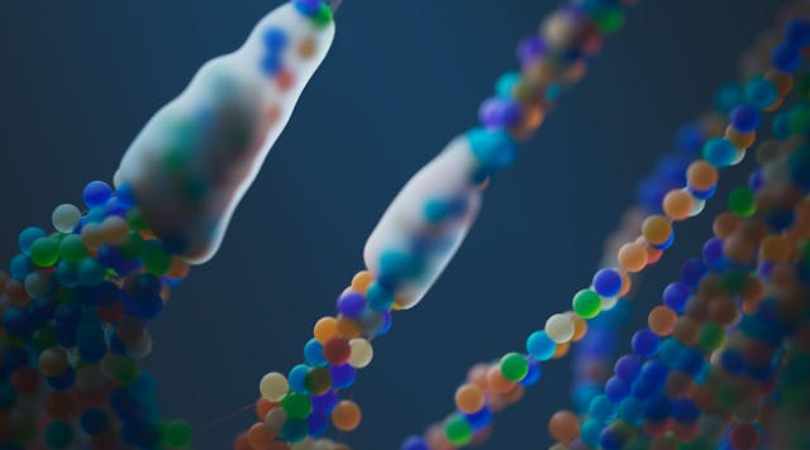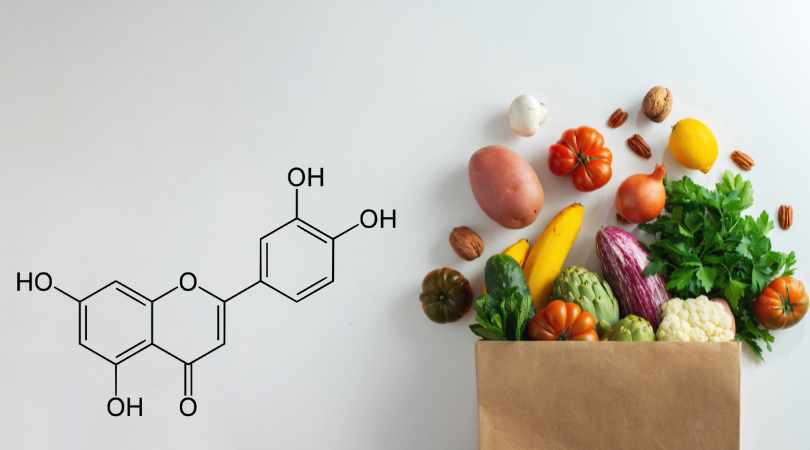Scientists have successfully restored the lost uricase enzyme, a key breakthrough in combating fructose-induced fat formation. This discovery offers new hope for preventing obesity and metabolic disorders by targeting how the body processes sugar and stores fat.
Limited Quantities Available! Order Today and Enjoy Free Shipping on Orders Over $100!
The Sugar Cancer Cells Love — And What We Can Do About It

Cancer is hungry. That’s nothing new. But what it's hungry for might surprise you.
For decades, researchers have focused on how cancer cells burn through glucose (the sugar in your blood). This is the famous “Warburg effect”—a strange metabolic shift where tumors prioritize inefficient sugar-burning to fuel rapid growth.
But new research suggests that glucose may not be the whole story. There's another sugar that cancer cells seem to crave even more:
Fructose.
And not just because it's sweet.
A Deep Dive into Fructose and Cancer

A 2025 review from the Department of Oncology at Tongji Medical College in China, published in the International Journal of Medical Sciences, is turning heads in the metabolic health world.
The paper—Fructose Metabolism in Cancer: Molecular Mechanisms and Therapeutic Implications—offers a comprehensive look at how fructose, the sugar found in fruit, table sugar, and high-fructose corn syrup, is used by cancer cells in ways that glucose simply isn’t.
And it’s not just about diet. Your body can actually make its own fructose under stress. Low oxygen? High blood sugar? Your cells activate a pathway to convert glucose into fructose—all to keep the fire burning.
Why? Because fructose gives cancer cells something glucose can’t:
- A shortcut around normal metabolic speed limits
- A stealth fuel that avoids insulin detection
- A way to keep growing—even when oxygen is scarce or glucose is low
Check Out - Fructose: The Overlooked Key to Metabolic Health
How Cancer Cells Hijack Fructose?
Here’s the playbook:
Import the Fructose
Tumors crank up a special transporter called GLUT5, which pulls fructose into cells without relying on insulin. GLUT5 isn’t used much in healthy tissues, but in cancers like colon, breast, prostate, and lung—it’s often upregulated.
Bypass the Speed Bumps
Once inside, fructose is rapidly processed by the enzyme ketohexokinase (KHK). Unlike glucose, which gets slowed down by checkpoints (like PFK-1), fructose slips past them. No brakes. No regulation. Just raw fuel.
Power Up the Factory
This fast track through metabolism feeds not just energy, but also the raw materials for building new cells—nucleotides for DNA, fats for membranes, and amino acids for growth.
Exploit Low-Oxygen Conditions
In the low-oxygen environment of tumors, cancer cells actually make their own fructose from glucose using the polyol pathway—especially when hypoxia-inducible factor-1α (HIF-1α) is active. This means fructose metabolism isn’t just a bonus—it’s a built-in survival strategy.
Fructose and the Bigger Picture
The review links high fructose availability to:
- Tumor growth and metastasis
- Resistance to chemotherapy
- Immune evasion
- Gut dysbiosis and inflammation, especially in liver and colon cancer
- Enhanced stemness and survival in difficult-to-treat cancers like ovarian and glioblastoma
In animal models, high-fructose diets increased tumor size, accelerated metastasis, and worsened prognosis—even without obesity or diabetes.
So What Can We Do?

Let’s be clear: This isn’t about demonizing fruit or recommending rigid avoidance. Whole foods contain fiber, polyphenols, and other protective compounds that modulate fructose’s effects.
But the science is clear: When fructose metabolism becomes unregulated—whether through diet, stress, or oxygen deprivation—it can feed the worst behaviors of cancer cells.
That’s where supporting healthy fructose metabolism becomes a powerful opportunity.
Enter Fructokinase Inhibition
KHK, the enzyme that processes fructose, is central to this story. Mice lacking KHK are resistant to fructose-induced liver damage and obesity. In preclinical cancer models, blocking KHK slows tumor growth, reduces inflammation, and improves therapy response.
This enzyme has become a key target in drug development—but there's growing interest in natural compounds that may modulate it safely.
One of the most studied?
Luteolin — a natural flavonoid that has shown fructokinase-inhibiting effects in preclinical models, without harming healthy cells.
Also Read - The Forgotten Enzyme Behind Sugar Damage: What Is Fructokinase and Why Should You Care?
Putting the Science to Work—Safely
At LIV3, we believe this science is too important to ignore. It points to a foundational truth: Fructose metabolism is a powerful switch in the body—one that can be tipped toward disease or resilience.
That’s why we developed SugarShield, a daily supplement designed to support healthy fructose metabolism using liposomal luteolin and tart cherry extract.
No, it’s not a cancer drug.
No, it’s not a replacement for medical care.
But for those of us concerned about energy, cravings, inflammation, and long-term metabolic resilience—supporting this pathway matters.
Final Thoughts
This new research cements what many metabolic scientists have suspected: Fructose metabolism is a hidden driver in more diseases than we realize.
It doesn’t mean we panic about fruit or try to outsmart nature. But it does mean we take the science seriously—especially when it gives us new tools to protect the body’s natural balance.
Supporting fructose metabolism isn't just about what you avoid. It’s about what you support.
Sources:
Chen X, Yang M, Wang L, Tu J, Yuan X. Fructose Metabolism in Cancer: Molecular Mechanisms and Therapeutic Implications. Int J Med Sci. 2025;22(11):2852-2876. doi:10.7150/ijms.108549 - Read the full paper
Disclaimer: The information in this blog reflects personal opinions, experiences, and emerging research. It is not intended as medical or professional advice and should not replace consultation with qualified professionals. The accuracy of this content is not guaranteed. Always seek guidance from a licensed expert before making any health-related decisions.


Chris | 🔬 Founder of LIV3 Health
⚡ A keen researcher dedicated to uncovering the root causes of metabolic dysfunction, the key driver of chronic conditions behind 70% of global deaths. His findings led to science-backed, natural solutions designed to inhibit fructose metabolism.
📢 Follow me on Reddit for insights on metabolic health and the future of wellness! -






